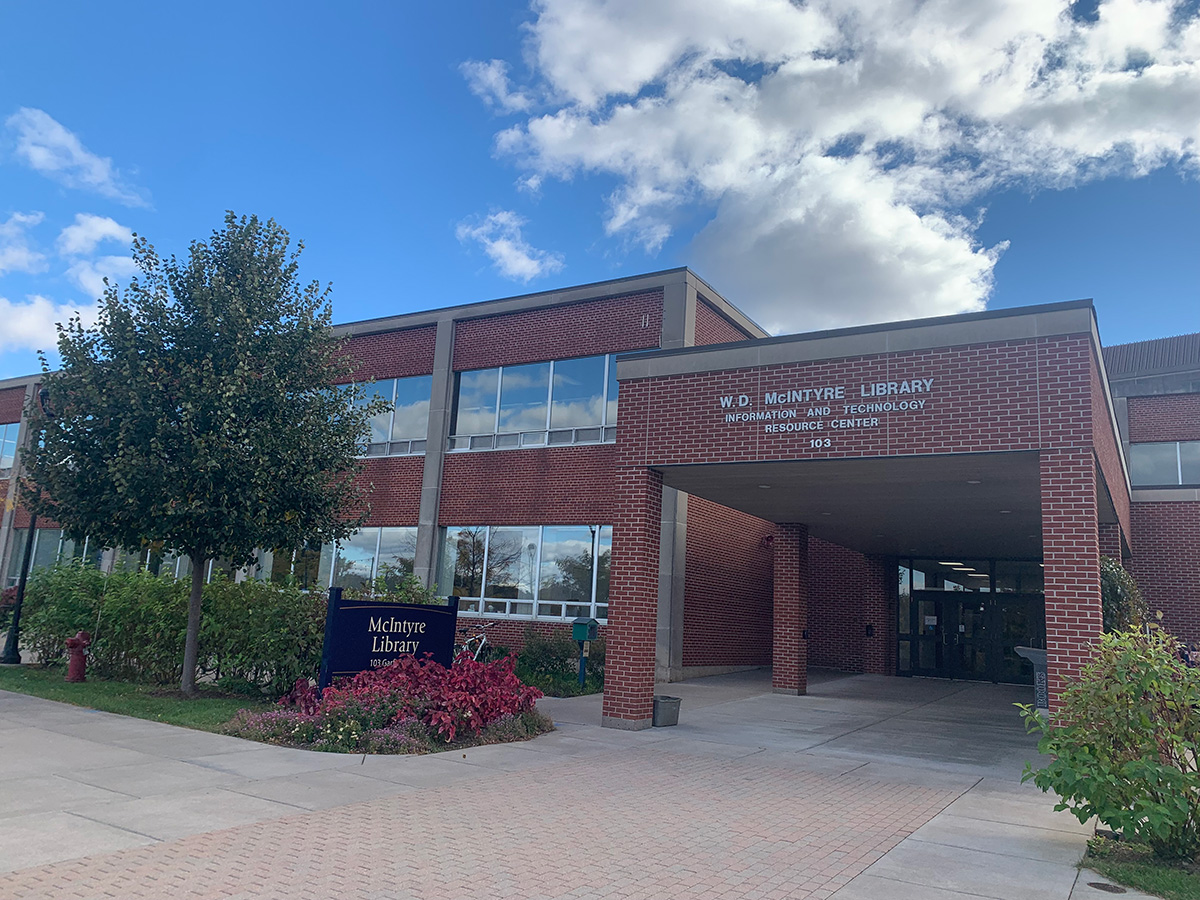Although incomes in the state of Wisconsin are rising slightly across all levels, fewer students from lower-income households attend UW System schools, according the U.S. Census Bureau and independent reports.
The incomes of Wisconsin’s richest families substantially climbed over the past two decades, while the incomes of the middle- and lower-income families saw only modest increases, according to a report released in January by the Economic Policy Institute.
Though Wisconsin boasts the fourth-most
equal distribution of family income in the country, it is still seeing wider disparity between the rich and the poor due to the “overwhelming factor” of globalization and a change in the tax code, said economics professor Thomas Kemp.
“With the tax code, the rich win more and the poor lose more,” he said. “What we are going to have to learn to do is compensate for the losers.”
Since the early 1980s, the wealthiest fifth of Wisconsin families saw a 48.2 percent income boost compared to a 14.3 percent increase for the poorest fifth and a 23.4 percent rise for the middle, according to a report from the Wisconsin Council on Children and Families.
“The U.S. economy is more integrated into the world and wealthier individuals have the ability to learn languages and travel internationally,” Kemp said. “They can take advantage of their resources.”
According to state law, the System should enable “students of all ages, backgrounds and levels of income to participate in the search for knowledge and individual development.”
On its own accord, the System is serving a smaller percentage of poor students, according to the Bureau.
Since 1992, the percentage of new freshman from families with incomes less than $30,000 a year attending System schools dropped 3.4 percent.
In turn, the percentage of new freshman from families earning more than $87,000 a year grew 3.5 percent, according to the Bureau.
The System is facing the challenge of educating all Wisconsin families, regardless of income, to prepare them for the competitive global market, Kemp said.
Director of Financial Aid Kathy Sahlhoff said it is not clear why lower-income students are not attending universities.
“We’re losing ground with (lower-income) students and families who haven’t totally connected that college is a possibility,” she said.
Over the last decade the average cost of attending the System, including tuition, room and board, books and transportation, increased 55 percent to $12,724 a year.
The cost of sending a child through a state university, financial aid included, consumes 22 percent of the average family’s income in Wisconsin. For low-income families, it’s 50 percent, according to the Economic Policy Institute.
As Wisconsin struggles to compete in a global economy, Kemp said the need for educational firepower is needed more than ever.
Wisconsin’s state and local taxes are the highest in the Midwest, but Kemp and Sahlhoff agreed that higher income taxes play a role Wisconsin’s high-quality education.
However, Gubernatorial candidate Rep. Mark Green, R-Wis., said in a release that the income gap supports arguments for a Taxpayer Protection Amendment, a proposed constitutional amendment that aims to limit revenue in an effort to cut taxes.
“There is a direct correlation (between income taxes and education) and it would be an incredible tragedy for Wisconsin to start slipping away the high level of education,” Sahlhoff said.
It would be detrimental to our economy, Kemp said, and it is a “horrible plan.”






